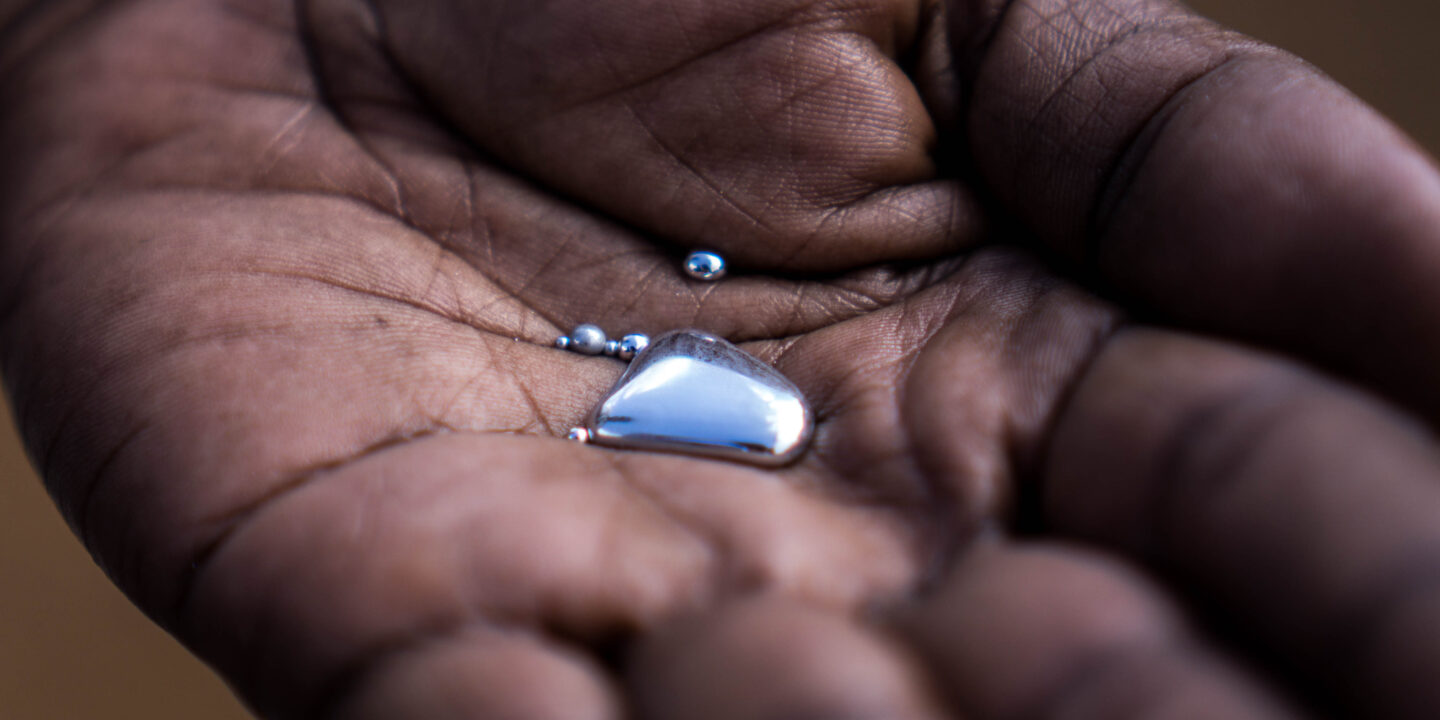Suriname is the Earth’s most heavily forested country. The Amazon rainforest covers about 93% of the terrain. In the last two decades, however, the increase in gold mining and subsequent use of the element mercury in gold mining threaten this green country and the rest of the Amazon.
Since 2000, the price of gold has been steadily going up. In 2000, one ounce of gold sold for $320 USD on the world market. At its peak in 2011, that price jumped to $1,800. Today, an ounce sells for around $1,750. This dramatic increase in the price of gold lured impoverished people into the gold mining industry. Nowhere is this as clear as in Suriname, a country where economic success is almost impossible. The spike in gold prices motivated common people to become gold miners. People could easily make three to six times their usual income from gold mining. This lucrative gold industry has now become Suriname’s dominant economy and main export.
But where does the mercury come in? Small-time gold miners use mercury because it binds to the incredibly tiny particles of gold that cannot be trapped by typical gold mining machinery. Because gold fever is so high and the metal is more likely to be in particle form than nugget form, mercury is an easy choice for people looking to make money on gold.
Despite mercury’s usefulness, it is extremely toxic. The World Health Organization (WHO) lists mercury as one of the top ten chemicals of major public health concern. Mercury has the ability to harm the nervous, digestive, and immune systems as well as the lungs and kidneys, which could be fatal. Mercury also bioaccumulates, which means that it does not decay or diminish over time. This harms both humans and the environment.
Mercury finds its way into the environment in two ways. The first is directly at the mining site when miners add drops of mercury to dirt. The second is when the mercury is burned off of the gold when it is being turned into a gold bar. The former seeps directly into the ground where it bioaccumulates until taken in by an organism. The latter poses an even more dangerous threat to ecosystems. Once the mercury is vaporized, winds can carry it to different parts of Suriname and even other parts of South America where it can be deposited and tarnish otherwise toxin-free ecosystems.
Before even using the mercury on dirt, the miners must first clear the mine of any trees and foliage. This results in deforestation to accommodate mining. In 2019, Suriname had a deforestation rate of 12%, one of the highest in the world. This is gradually causing the Amazon to shrink in size. The Amazon contains about 10% of the Earth’s biomass, which means that it plays an important role in the regulation of carbon dioxide on Earth. If the Amazon shrinks due to deforestation, there is a possibility that the amount of carbon dioxide in the atmosphere could increase, leading to further global warming.
Equally as important are the human lives at stake. Millions of people in South America rely on rivers as a source of food and water. The continued use of mercury in mining means that more mercury will find its way into the ecosystem. The fish people eat have continually higher levels of mercury in them and the water they drink is tainted. Millions of people are experiencing the second-hand effects of mercury mining. Furthermore, within the cities where mercury is being burned to purify gold, the levels of mercury in the air can reach upwards of 30,000 nanograms per cubic meter. These levels are far above what the United States and European Union consider to be safe.
How is this issue to be solved? Simply put, the use of mercury should be immediately banned. Its use up to this point has already led to the pollution and destruction of Suriname that could take decades, if not centuries, to reverse. The continued use of mercury would take an even bigger toll on the environment and the people of Suriname and South America. As with most issues, it is not this simple. Extremely poor communities rely on the mercury method of mining for their income, which supports their children. Simply abolishing this practice without establishing another source of income would be cruel. Additionally, most miners say that they would be willing to give up mercury if the government gave them a different chemical to use or a job. They also point to the fact that most large-scale mining operations use cyanide to attract extremely fine gold dust, and the use of cyanide is much more dangerous than mercury. To begin to address this issue, a health education program should be enacted. This would educate the Surinamese people of the dangers mercury poses to them and their environment. To fully address this issue, countries like the United States and Brazil should impose sanctions on Guyana, the country where mercury is still legal to buy and sell. There already is an agreement to phase out the sale and distribution of mercury in Guyana, but it has not been enforced and is therefore ineffective. Sanctions would pressure the Guyanese government to outright ban mercury which would make it harder to obtain and therefore use, decreasing the overall effect on the environment. The United States and Brazil could also pressure the government of Suriname to ban the use of cyanide in gold mining. Nonprofit groups like Amazon Watch, World Wildlife Foundation, and Greenpeace could help address the damage done to the Amazon and propose solutions to the deforestation and contamination. Furthermore, the World Health Organization and other international science organizations could involve themselves in addressing the mercury contamination and bioaccumulation.
Featured Image Source: Dialogo Chino






Comments are closed.